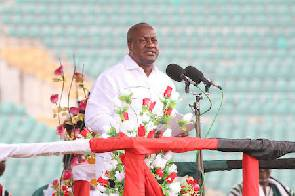The Chamber of Mines of Zambia has recently defended the new levy placed on minerals stating that the new price-based mineral royalty tax will enhance the collection of government revenue rather than compromise it.
President of the Chamber Nathan Chishimba, while reacting to a statement by civil society organisations advising against the new tax regime on the grounds that it was investor-led and would not maximise revenue in times of commodity price booms, said “One cannot separate mining tax revenue from mining investment, because it is the mining investment which ultimately produces the tax revenue”.
Zambia’s amended mines bill proposes to reduce copper royalties to a variable tax of 4 to 6 percent, depending on the price of the metal.
The royalty tax would be 4 percent when the price of copper is below $4,500 a tonne, 5 percent between $4,500 and $6,000 and 6 percent above $6,000.
“The largest amount of tax revenue is always generated over the longer term, and this can only happen if mining companies are incentivised to invest over the longer term,” he said.
Chishimba also pointed that mineral royalties were a tax on production, which was not designed to maximise revenues in times of commodity price booms, whereas the government would benefit during booms thanks to 30 percent taxes on company profits.
“One has to balance taking as much as one can now with having a thriving industry into the future and the government has at last recognised this,” Chishimba said.
Mining lobbies had asked for a price-based royalty structure to ease the tax burden during a period of depressed prices.



